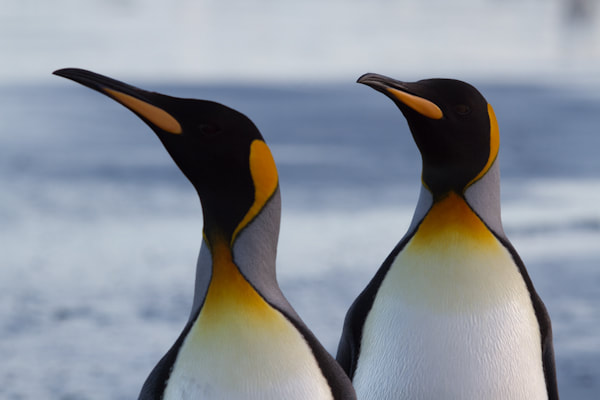Invited speakers
Sinead English, University of Bristol
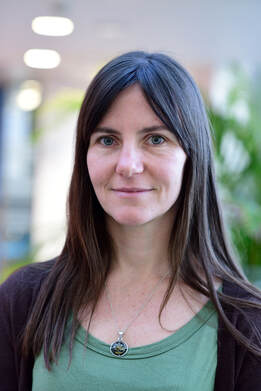
Where social life begins: how mothers shape offspring development and consequences for evolution
Sinead English is an evolutionary ecologist at the School of Biological Sciences, University of Bristol. Her research investigates how maternal and early-life experiences shape later development and life history, and the consequences of these effects for individuals, populations and communities. Her current work focuses on how understanding the life history of disease vectors shapes predictions of the spread of their populations and diseases they transmit. She uses a combination of theoretical models, analyses of long-term datasets and empirical tests on unusual and fascinating model systems such as the tsetse fly.
Sinead English is an evolutionary ecologist at the School of Biological Sciences, University of Bristol. Her research investigates how maternal and early-life experiences shape later development and life history, and the consequences of these effects for individuals, populations and communities. Her current work focuses on how understanding the life history of disease vectors shapes predictions of the spread of their populations and diseases they transmit. She uses a combination of theoretical models, analyses of long-term datasets and empirical tests on unusual and fascinating model systems such as the tsetse fly.
Julia Saltz, Rice University
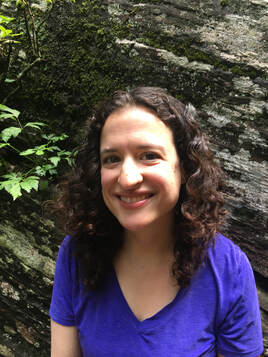
Social network structure and social selection depend on nutritional environment in Drosophila melanogaster
Julia Saltz’s research aims to address fundamental questions in evolutionary biology by studying genetic variation in the ways that individuals choose, shape and learn about their environments–especially their social and nutritional environments–and how these processes feed back to influence behavior and fitness. Her lab combines verbal and mathematical models with experiments on fruit flies (Drosophila melanogaster and a few related species). Julia completed her undergraduate degree at Princeton University, earned her Ph.D. at the University of California, Davis, and then worked as a postdoctoral researcher at the University of Southern California before joining the faculty at Rice University in 2014.
Julia Saltz’s research aims to address fundamental questions in evolutionary biology by studying genetic variation in the ways that individuals choose, shape and learn about their environments–especially their social and nutritional environments–and how these processes feed back to influence behavior and fitness. Her lab combines verbal and mathematical models with experiments on fruit flies (Drosophila melanogaster and a few related species). Julia completed her undergraduate degree at Princeton University, earned her Ph.D. at the University of California, Davis, and then worked as a postdoctoral researcher at the University of Southern California before joining the faculty at Rice University in 2014.
Alastair Wilson, University of Exeter
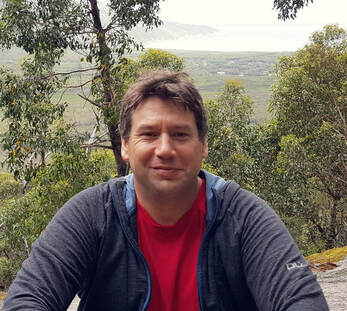
Beyond relatedness in social evolution: whose genotype is it and why does it matter?
Alastair Wilson is an evolutionary biologist at the University of Exeter’s Centre for Ecology and Conservation. His research uses ecological and quantitative genetic approaches to try and to understand how phenotypes evolve under selection, but also why they sometimes do not. His group works on a wide range of animals– from invertebrate models in the lab to studies of fish, birds and mammals in the wild. A central theme of current work is that of trying to understanding how behavioural traits mediate the fitness consequences of social interactions.
Alastair Wilson is an evolutionary biologist at the University of Exeter’s Centre for Ecology and Conservation. His research uses ecological and quantitative genetic approaches to try and to understand how phenotypes evolve under selection, but also why they sometimes do not. His group works on a wide range of animals– from invertebrate models in the lab to studies of fish, birds and mammals in the wild. A central theme of current work is that of trying to understanding how behavioural traits mediate the fitness consequences of social interactions.
Tinbergen lecturer
Rebecca Kilner, University of Cambridge
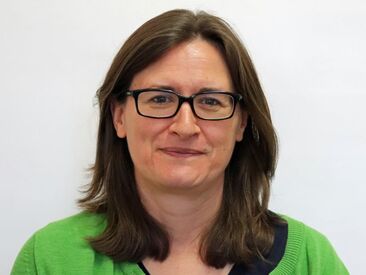
Simpson’s Question: How does behaviour determine evolution?
My research group investigates how behaviour influences evolution. For example, we’ve shown how the behaviour of host parents selects behavioural and morphological traits in nestling brood parasites and how brood parasitism selects complex defence portfolios in hosts. We’ve also demonstrated that evolutionary conflicts of interest cause co-adaptation among relatives within a family. Our current research combines experimental evolution on burying beetles with field experiments and population genomics. We’ve shown that behaviour can influence evolution not only as an agent of natural selection but also by changing ecological conditions, by affecting the expression of genetic variation and by providing a mechanism for non-genetic inheritance.
My research group investigates how behaviour influences evolution. For example, we’ve shown how the behaviour of host parents selects behavioural and morphological traits in nestling brood parasites and how brood parasitism selects complex defence portfolios in hosts. We’ve also demonstrated that evolutionary conflicts of interest cause co-adaptation among relatives within a family. Our current research combines experimental evolution on burying beetles with field experiments and population genomics. We’ve shown that behaviour can influence evolution not only as an agent of natural selection but also by changing ecological conditions, by affecting the expression of genetic variation and by providing a mechanism for non-genetic inheritance.
